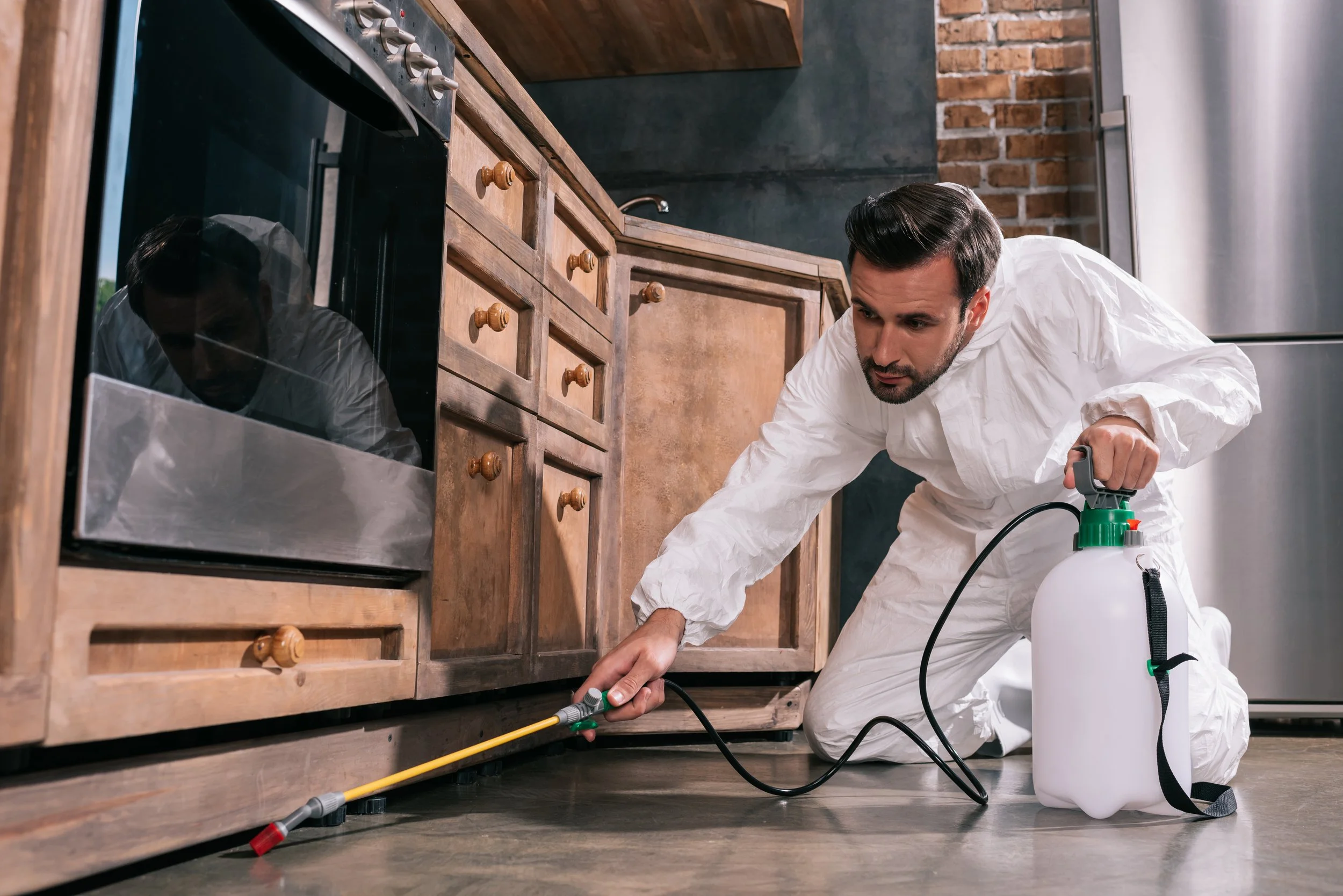Guard Against Unwanted Guests
The warmer weather may be enjoyable, but it often means more pests. You don't have to let pests ruin your summer. Follow these tips to reduce the number of these unwanted guests.
1. Seal gaps
Pests commonly find their way into the home through cracks, holes, and poorly sealed spaces. Look for these around baseboards, window and door frames, and around pipe and wiring entry points.
The most efficient ways to keep pests outside is by caulking small holes or expanding foam insulation. If your windows are badly damaged, consider getting them replaced by a company like Precision Siding & Windows. Check for interior gaps behind cabinets, in closets, inside cabinets, and around stoves and refrigerators.
2. Keep it clean
Rodents and insects love trash, so keep it covered and removed from the house regularly. Ensure the trash bins have secure lids, and clean the bins and the areas where they sit. It is especially important to clean your kitchen regularly, sweeping crumbs and mopping liquids as needed.
A vacuum cleaner with a HEPA filter can get deep into carpet fibers to remove debris and potential pest eggs. Be certain to dispose of the bag in a bin outside after you are done vacuuming and clean the vacuum. Wash clothing or linens that have been seasonally stored to kill larvae, and dry clean or wash them before storing them.
3. Outdoor maintenance
Stack wood piles at least 20 feet from your home and a few inches off the ground to prevent pests from gaining entry. If you have succeeded with pest control, prevent another infestation by trimming plants and shrubs.
Don't forget to remove debris from the yard, such as leaves and plant clippings, that may draw insects. Leave 3 to 6 feet between the house's foundation and the bottom of the siding so insects won't make homes there. Since the organic matter of rotten wood draws some insects, repair or replace rotted fascia boards and roof shingles.
4. Keep moisture out
Ventilation is important for controlling pests in the home since insects thrive in moist environments. Avoid blocking air vents, but if you have concerns about pests, cover them with a wire mesh. Ensure basements, crawl spaces, and attics have adequate ventilation and check for leaks in these areas.
Standing water is an attractive haven for many types of pests to feed on and build homes. Remove depressions from the yard to prevent pooling water, and run a sump pump to get rid of pooling water. Drains are prone to moisture, which attracts small insects, so ensure your drains stay free of water.
These simple preventative tips go a long way to reduce pests. However, never ignore an infestation, and call a professional service if all else fails. For more home maintenance and improvement tips, follow us on our Facebook and Instagram pages.

